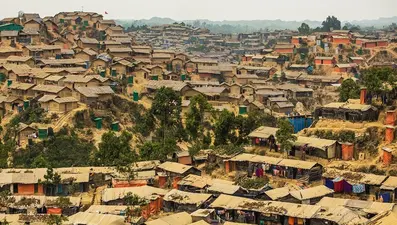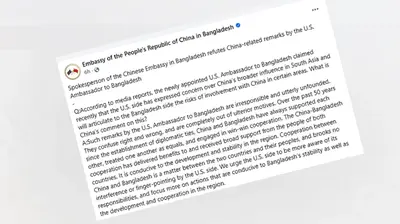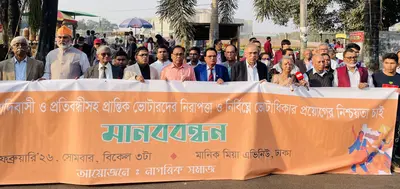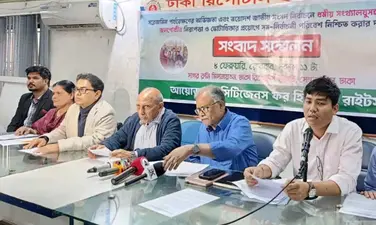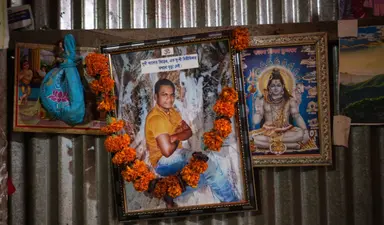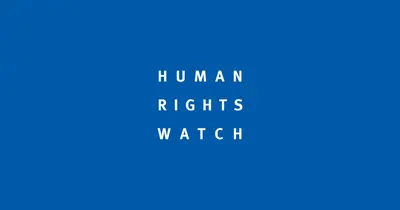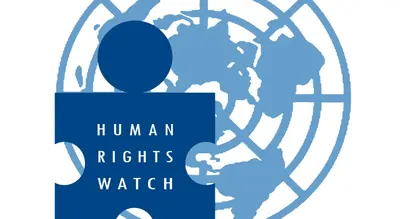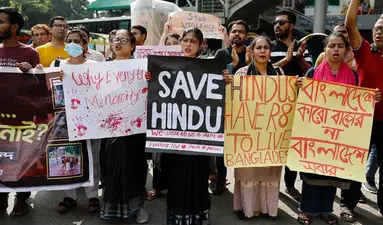Bangladesh Unveils Draft NHRC Ordinance 2025 to Strengthen Human Rights Protection

The government has unveiled the draft National Human Rights Commission (NHRC) Ordinance 2025, signaling a major step toward strengthening human rights institutions and aligning Bangladesh’s legal framework with international standards.
The draft ordinance, designed to replace the NHRC Act 2009, was presented at a stakeholder consultation in Cox’s Bazar, organized by the Legislative and Parliamentary Affairs Division of the Ministry of Law, Justice and Parliamentary Affairs, in collaboration with UNDP’s SIPS Programme and supported by the Embassy of Switzerland.
The proposed law aims to enhance the NHRC’s independence, inclusivity, and accountability, while aligning its mandate with the Paris Principles and recommendations of the Global Alliance of National Human Rights Institutions (GANHRI), according to a UNDP press release.
Dr. Asif Nazrul, Adviser to the Ministry of Law, said
A truly independent and accountable Human Rights Commission can only thrive when it is free from political influence and rooted in citizen participation.
Adilur Rahman Khan, Adviser to the Ministry of Housing, stressed that restoring public trust requires “an independent and inclusive Human Rights Commission that meets international standards.”
UNDP Resident Representative Stefan Liller reaffirmed UNDP’s support, saying
We remain committed to strengthening Bangladesh’s National Human Rights Commission at this pivotal moment in the country’s history.
Swiss Ambassador Reto Renggli emphasized that amending the NHRC Act is vital for ensuring independence, efficiency, and credibility, while Swedish Ambassador Nicolas Weeks said human rights institutions are “the backbone of democratic societies.”
The Cox’s Bazar consultation follows earlier rounds in Sylhet and Khulna, with more consultations planned before a National Dialogue in Dhaka. Public comments on the draft ordinance will be accepted until September 18.

